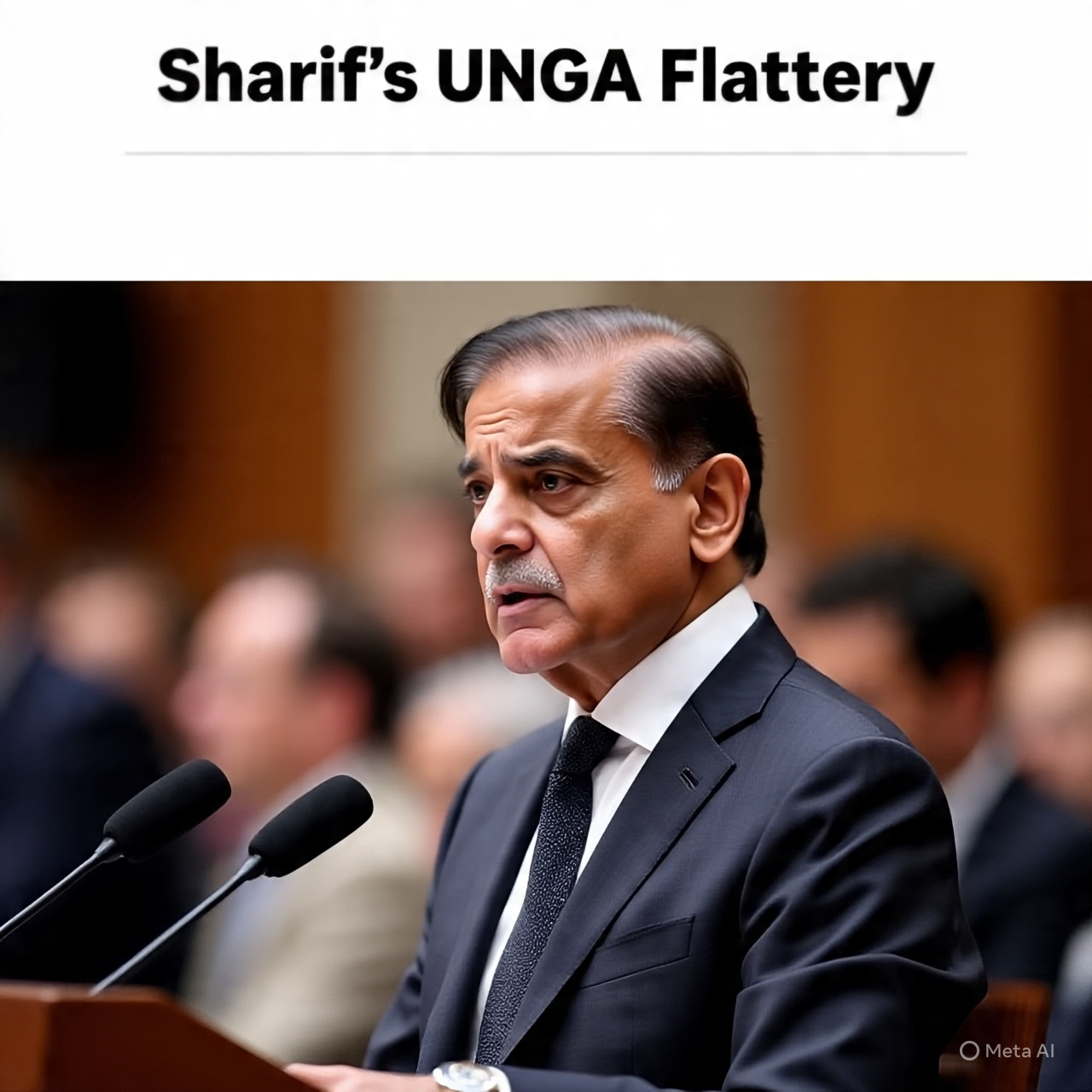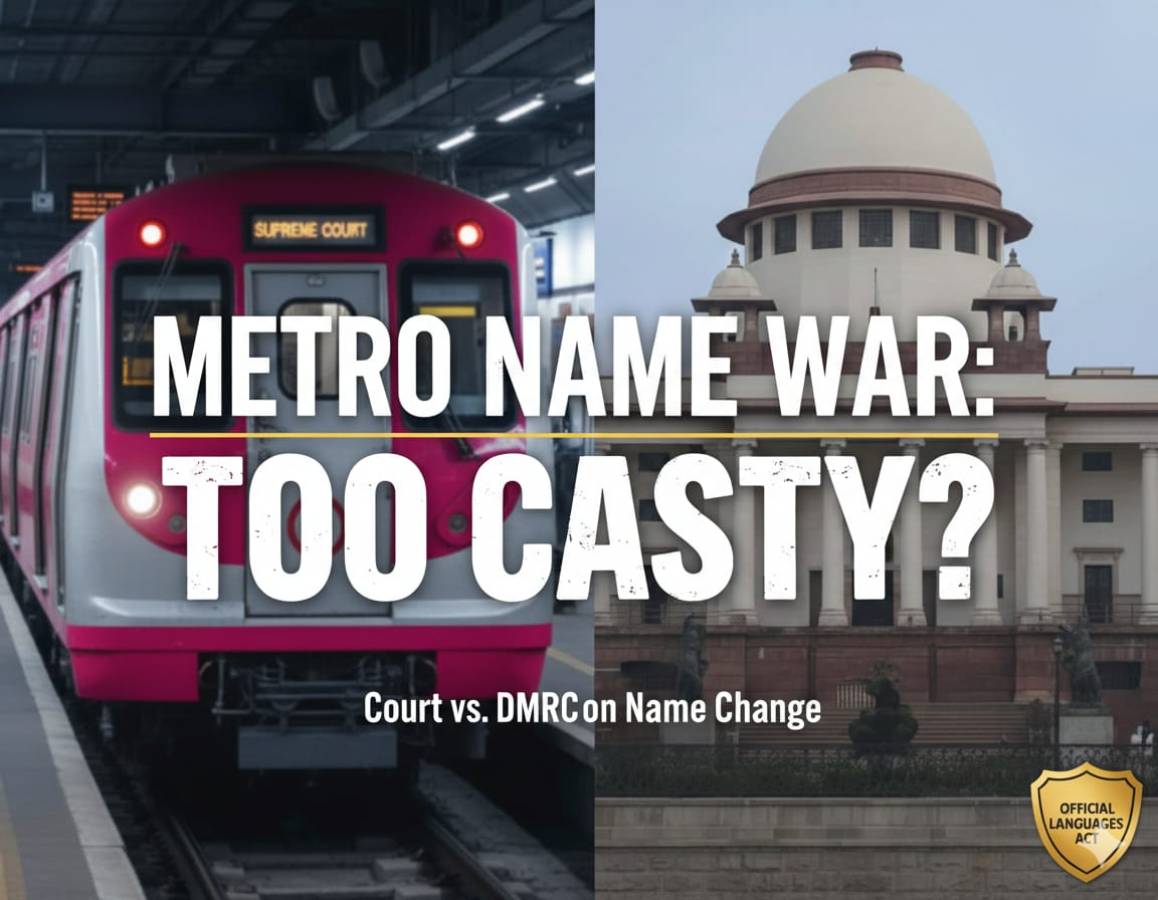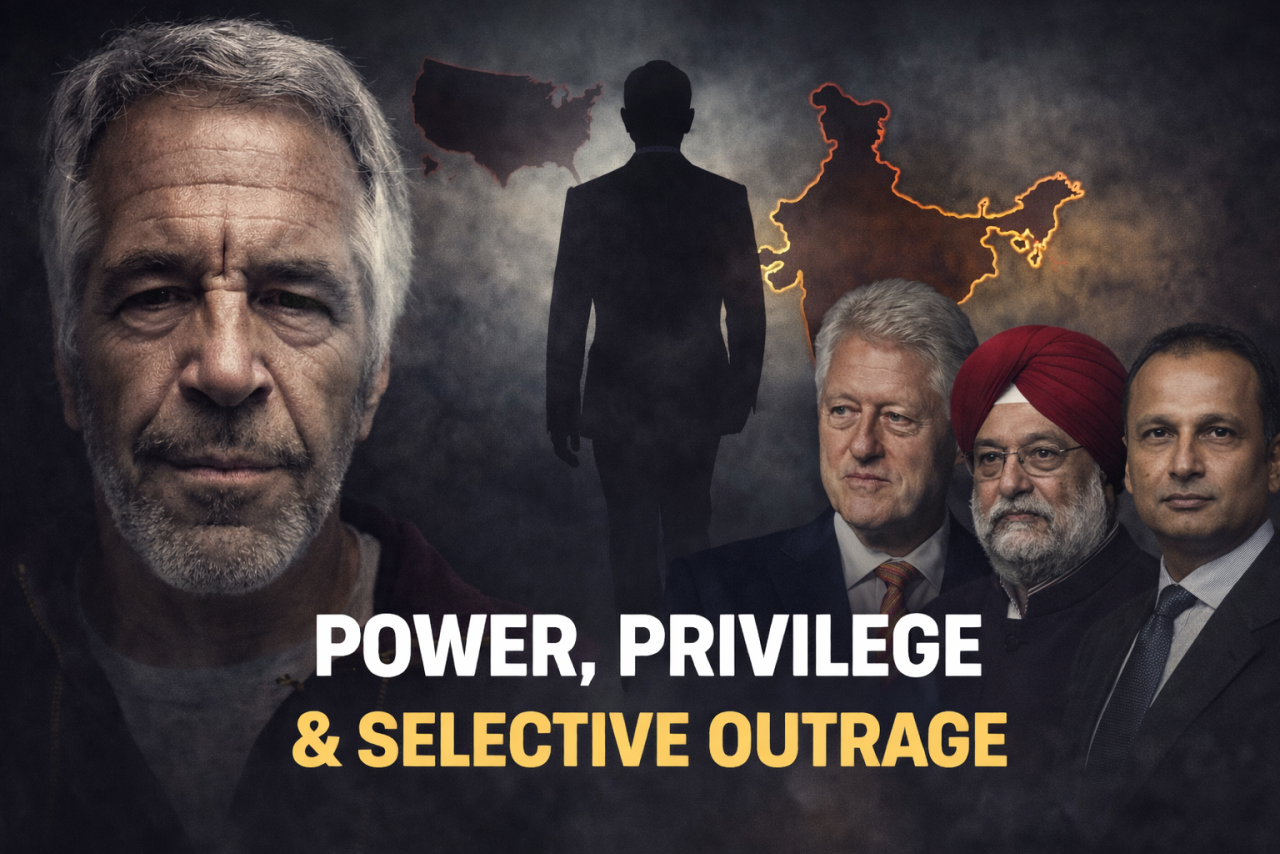
The spectacle unfolded at the United Nations General Assembly, as predictable as the monsoon rains and about as refreshing. Pakistan's Prime Minister, Mr. Shehbaz Sharif, took to the podium not to speak of progress, peace, or the sorry state of his own nation's economy—no, such trifles can wait. He was there to deliver the sermon we have heard for decades, complete with the obligatory references to the 'plight' of Kashmir and, most curiously, a lavish tribute to the American President, Mr. Donald Trump.
"Man of Peace," he calls him. One must allow oneself a wry smile. The man who has done more to disrupt global norms than any leader in recent memory, a figure whose foreign policy is as stable as a house of cards in a dust storm, is now anointed a global peacemaker by the head of a nation that has perfected the art of cross-border mischief. One is reminded of the old adage- “Birds of a same feather flock together”.
It is not difficult for an observer in New Delhi to connect the dots. Mr. Sharif's effusive praise for Mr. Trump is not merely diplomatic flattery; it is a meticulously calculated move, a naked appeal for American intervention where none is welcome. The core of his message that the U.S. President "intervened directly" and "averted a full-scale catastrophe" between India and Pakistan is a deliberate, if utterly baseless, attempt to elevate Washington to the role of a permanent, indispensable mediator in a matter that is, and shall remain, strictly bilateral.
Our position, oft-stated and non-negotiable, remains crystal clear: the issues between India and Pakistan, including Kashmir, are to be resolved bilaterally, as enshrined in the Shimla Agreement. Any attempt to introduce a 'third-party' is an act of international impertinence, a desperate attempt by Rawalpindi's establishment to escape the consequences of its decades-long policy of nurturing and exporting terror. Mr. Sharif, while condemning all forms of terrorism in one breath, conveniently omits the fact that the most noxious form of terrorism afflicting our region is homegrown and state-sponsored from his side of the border.
Let us not mince words. This sudden, almost fawning admiration for Mr. Trump is directly linked to the American President’s repeated, though swiftly denied by us, claims of being asked to mediate on Kashmir. It is a cynical ploy to lend credence to a false narrative. For us, this whole diplomatic drama is merely background noise.
Mr. Sharif also took the opportunity to level an absurd charge that India's suspension of the Indus Waters Treaty, following the Pahalgam terror attack which cost innocent lives, "represents an act of war." An act of war, he says? Good Lord! This from a nation that has sponsored countless terrorist incursions, that continues to violate the sanctity of the Line of Control, and whose armed forces shelled our civilian areas with such predictable regularity that they have become part of the background hum of border life. Pakistan's claim that a counter-measure taken by India, entirely within the ambit of its sovereign rights to protect its people from state-sponsored violence, amounts to 'war' is a theatrical performance deserving of a better stage.
He speaks of an "unprecedented lockdown" in Kashmir and the "brutal occupation of their homeland," parroting the usual litany of half-truths and distortions. What he fails to mention is the democratic participation, the developmental thrust, and the steady, albeit difficult, process of integrating the region fully into the Indian Union, which is the only legal and historical reality.
Pakistan's foreign policy seems to be stuck in a time warp, a revolving door of seeking external intervention and fabricating narratives of victimhood. They seek to use the world stage, especially the august chamber of the United Nations, not for global cooperation or domestic introspection, but purely for the propagation of an anti-India agenda. This tiresome routine, repeated year after year, no longer elicits shock or even genuine concern, only a weary sigh.
The true path to peace does not lie in securing certificates of 'Man of Peace' for foreign potentates or in desperately soliciting third-party mediation. It lies in Pakistan's total, demonstrable, and verifiable abandonment of cross-border terrorism. It hides in dismantling the terror infrastructure that has poisoned the sub-continent. Until that fundamental shift occurs, Mr. Sharif’s speeches, despite their American-flattery garnish, will remain nothing more than empty rhetoric, signifying nothing but the perennial refusal of his nation to face the mirror. The diplomatic world, we hope, is not so gullible as to mistake a parrot's squawk for a nightingale's song.
By Gautam Jha
Managing Editor





















